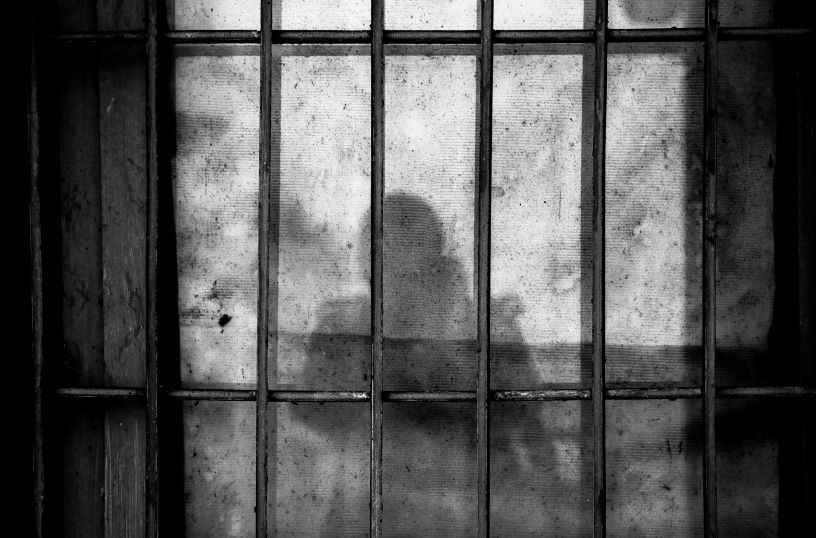‘In perpetual purgatory’: Quakers fear for lives of offenders with indeterminate sentences
The government should re-sentence all remaining IPP prisoners, Quakers say, as new figures show hundreds recalled to prison despite not being charged with a further offence.

The government should re-sentence all remaining IPP prisoners, Quakers say, as new figures show hundreds recalled to prison despite not being charged with a further offence.
Last September, the UK Parliament's Justice Committee found that Imprisonment for Public Protection (IPP) sentences caused profound psychological harm and mental torture.
They recommended that all remaining IPP prisoners should be re-sentenced, but the Ministry of Justice failed to accept their core recommendations.
Under IPPs, introduced in the Criminal Justice Act 2003 and abolished in 2012, offenders received unlimited periods of detention.
Even after release, they could be returned to prison at any point for the rest of their lives.
Nearly 3,000 people remain subject to their original IPP sentences and hundreds are still in jail, despite serving five times the minimum sentence.
Now a Freedom of Information request by the Centre for Crime and Justice Studies has found that number of IPP offenders recalled despite not being charged with a further offence has soared.
Three-quarters of recalls last year did not involve charge of further offence, up almost a third on 2015.
Quakers in Criminal Justice (QICJ) and Quakers in Britain briefed MPs on the dangers of IPP sentences earlier this year.
Melanie Jameson, clerk of QICJ, said: “We continue to feel a deep concern for IPP prisoners, whose hope for a resolution of their discredited and discontinued sentence has been squashed by an intransigent Ministry of Justice.
“We fear suicide numbers will rise for those living with an IPP, aptly nicknamed 'In Perpetual Purgatory.'"
Meanwhile, a UN torture expert has said the case of a man driven to psychosis after being imprisoned for more than ten years for stealing a mobile phone is 'emblematic of the psychological harm' caused by IPPs.
Thomas White was given a minimum two-year IPP sentence in 2012, four months before they were abolished. He has been in prison ever since.
The UN's special rapporteur on torture, Alice Jill Edwards, told the Guardian newspaper: “I reiterate my call on the government for an urgent review of all IPP sentences."“We advocate a properly funded, bespoke welfare approach for this deeply traumatised group, designed to support them to reintegrate into society," said Jameson.